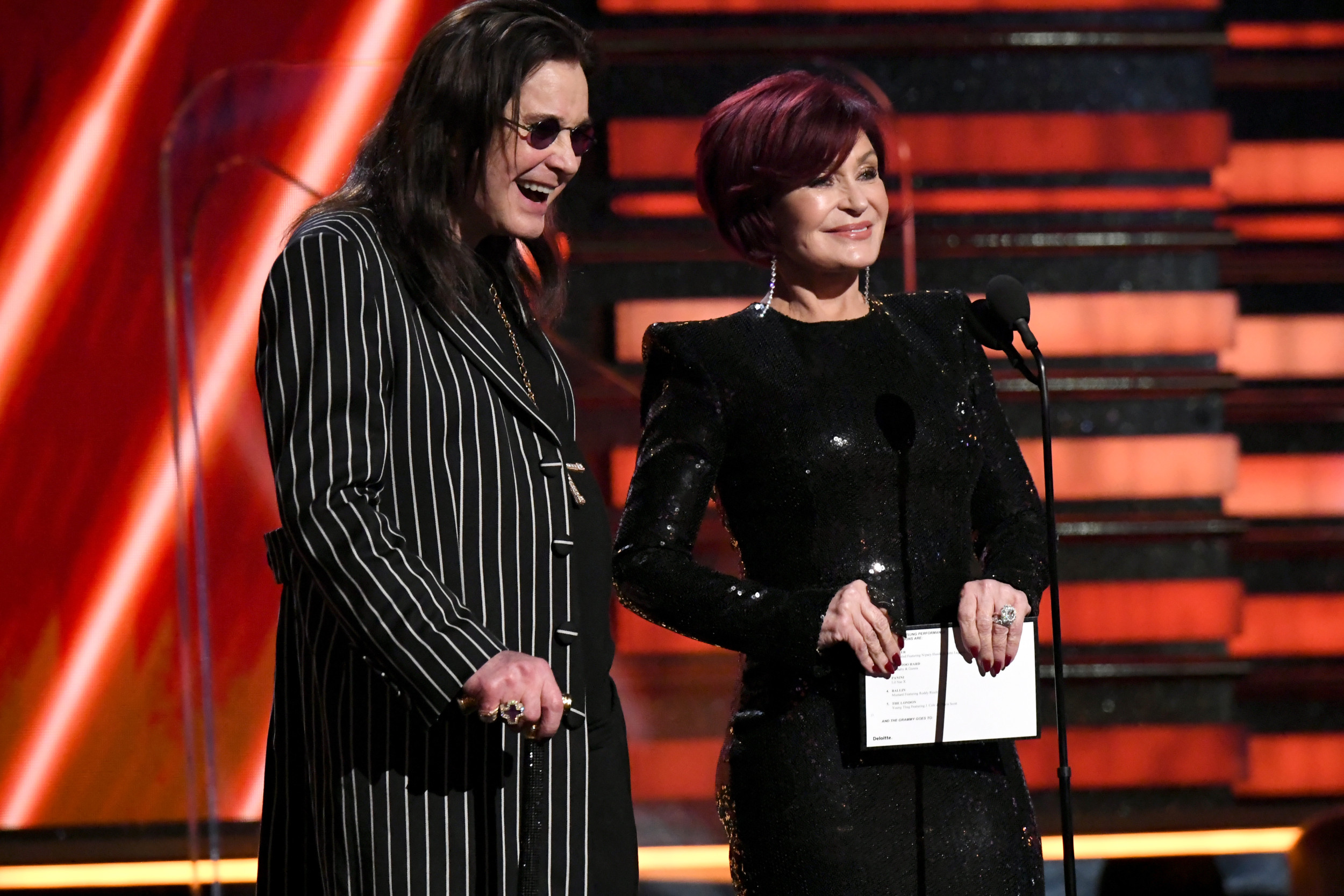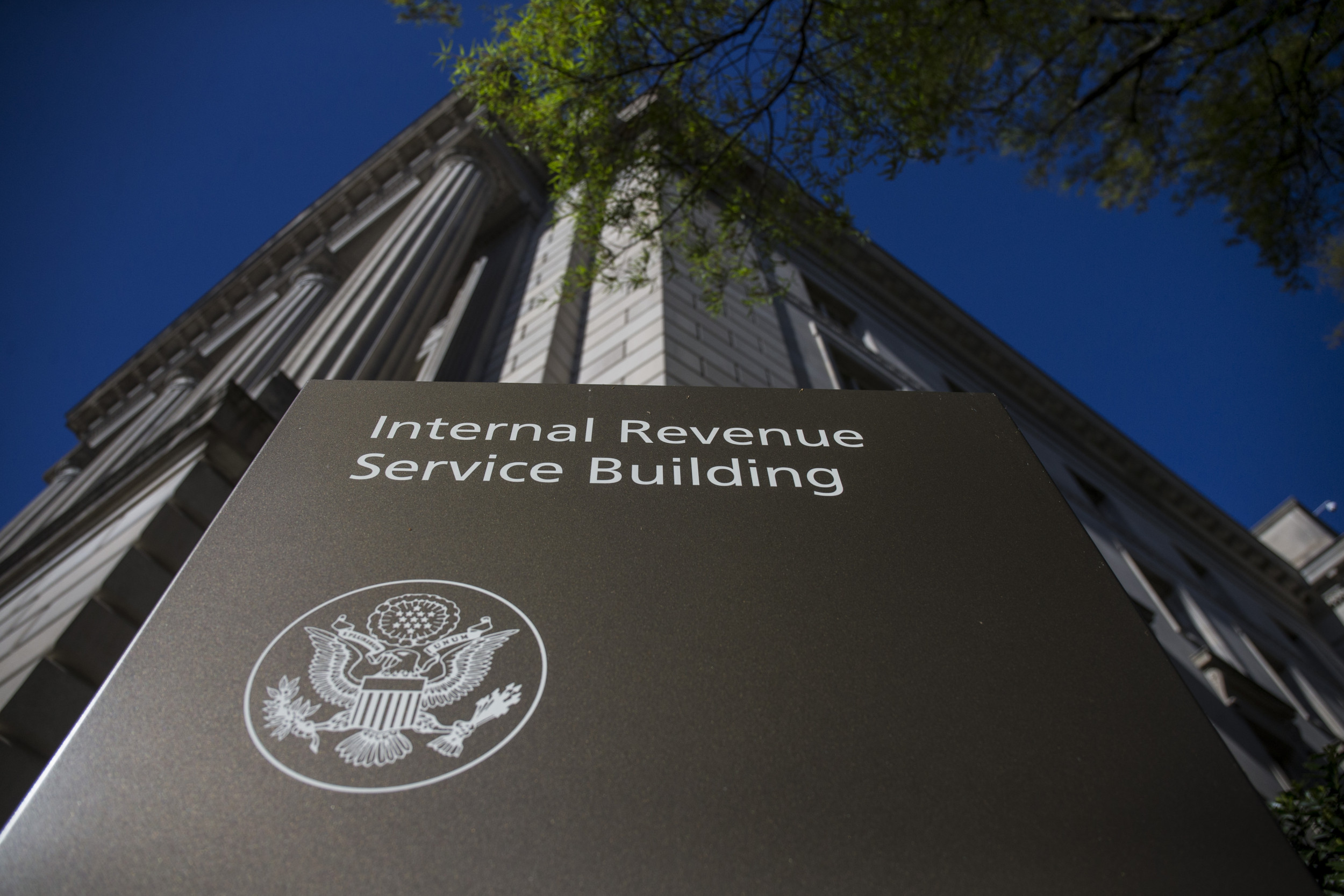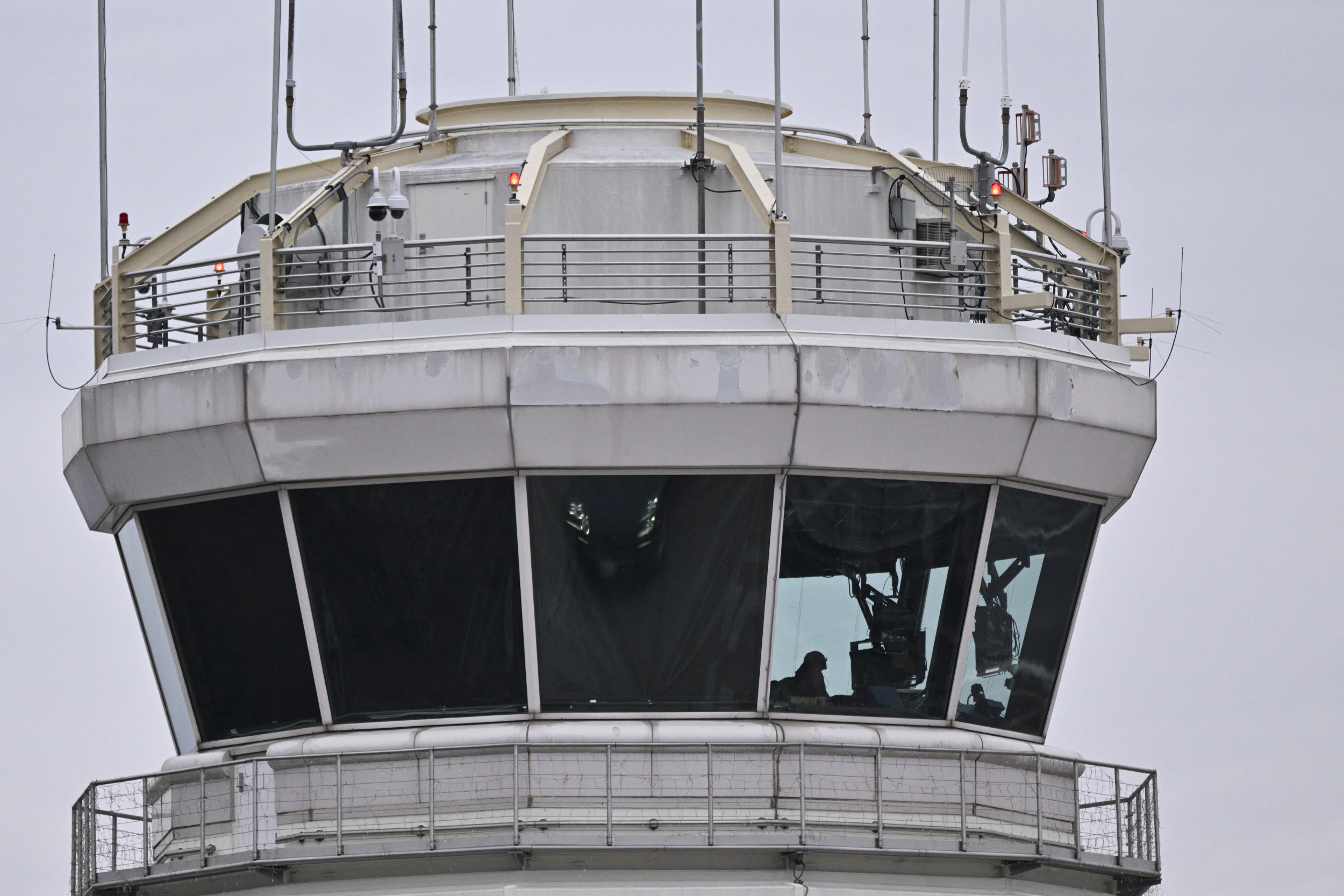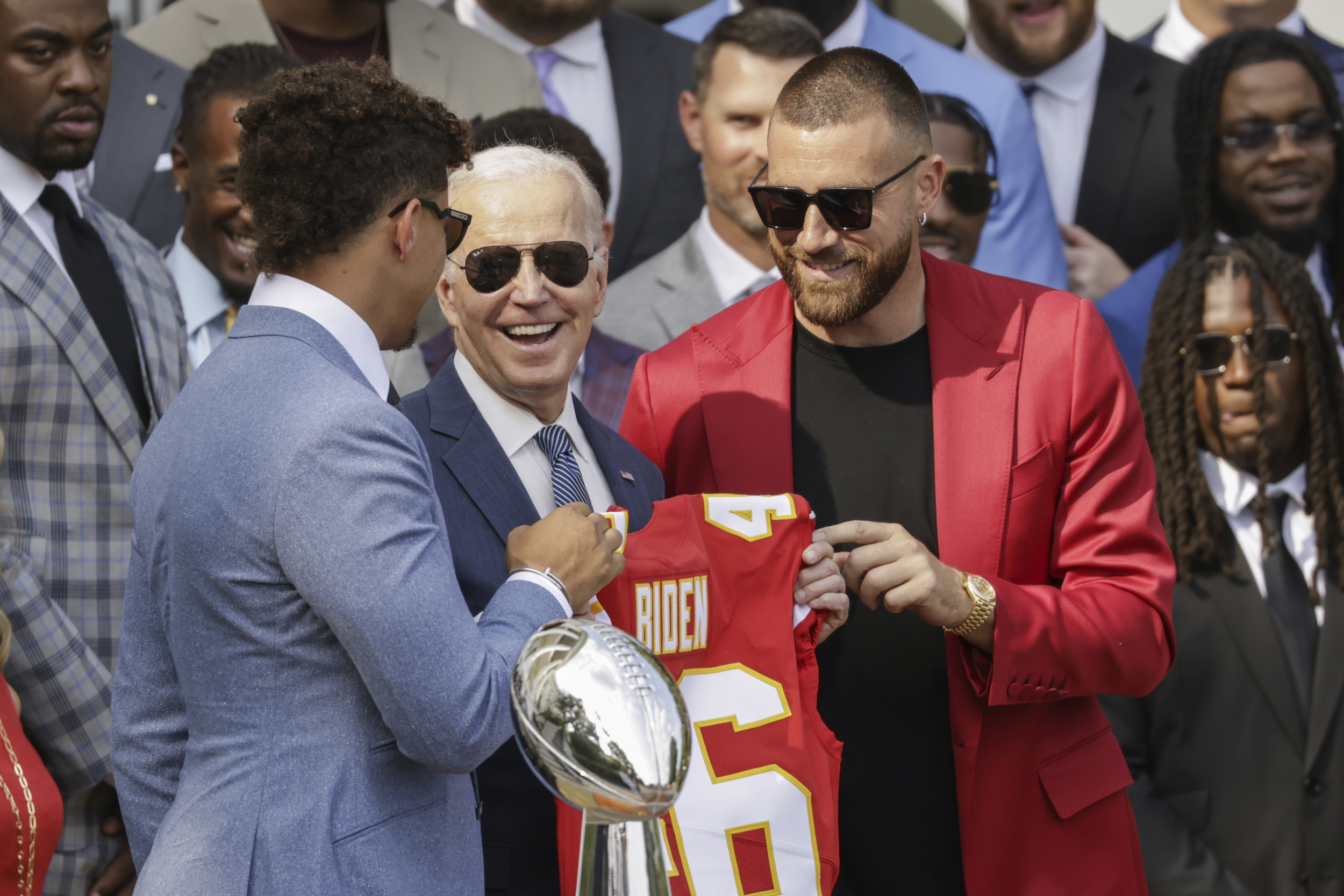A judge sharply rebuked a lawyer for trying to keep a man in the U.S to give evidence in a criminal trial.
The man, George Nader, was central to the investigation by special counsel Robert Mueller into foreign interference in U.S. elections.
Newsweek sought email comment from Nader's attorney on Wednesday.
Why It Matters
Ahmad "Andy" Khawaja, a Lebanese American businessman, is awaiting trial in a Washington, D.C., federal court, accused of being at the center of a scheme to funnel foreign donations to U.S. presidential candidates.
According to a Justice Department statement, Khawaja is a fugitive from that indictment. He is also a fugitive from an additional indictment in Massachusetts, where he is accused of deceiving banks into processing $150 million worth of credit and debit card transactions for ultra-high-risk businesses such as payday loan companies.

What To Know
Nader, who was a donor to the presidential election campaigns of both Donald Trump and Hillary Clinton, was compelled to give evidence to Mueller, who was investigating foreign interference in U.S. elections, with a special emphasis on Trump's links to foreign donors and governments.
Nader also served as an informal foreign policy adviser to Trump. He was indicted and reached a plea deal in January 2020 related to charges of possessing child pornography and transporting a minor for sex. In June 2020, Nader was sentenced to 10 years in prison by a federal judge.
On July 18, 2024, largely because of the findings of Mueller's investigators, Nader was sentenced to an additional year and eight months in prison for his role in funneling at least $3.5 million in unlawful contributions from the United Arab Emirates (UAE) "to unwitting political committees in the United States," according to a Department of Justice statement at the time.
The Justice Department alleged that Nader "conspired with co-defendant Ahmad 'Andy' Khawaja to transfer $4.9 million to facilitate unlawful contributions to unwitting political committees in order to gain access to and influence with a then-candidate for President of the United States and others in connection with the 2016 U.S. presidential election."
"Nader's company in the UAE transferred the funds to Khawaja's company in the United States under the guise of a legitimate business transaction," the Justice Department added.
On February 4, just two days before Nader is due to be released from custody, Khawaja's lawyer, Kenneth Julian, appeared before Washington, D.C., federal Judge Randolph Moss, asking Moss to compel Nader to stay in the U.S and become a defense witness for Khawaja when he goes on trial.
Moss said he would not detain Nader in the U.S. after he is released but could order him to attend a pre-trial deposition in which he would be interviewed by defense attorneys. In his February 4 order, Moss ruled that Nader's deposition can be taken some time within the following two days, which suggests that he wants it completed before Nader is released from custody on Thursday.
The deposition would be contained to one day, lasting no longer than seven hours, Moss ruled, so Nadir would not be held in the U.S. indefinitely until Khawaja is located.
What People Are Saying
Judge Randolph Moss, in rejecting the defense request that Nader be held in the U.S.: "I don't think I've ever received such an outrageous request in my time as a judge. Your request that I should detain Mr. Nader is the greatest non-starter I've ever heard. I would be embarrassed....It is mind-boggling."
What Happens Next
Given the short 48-hour window for Nader's deposition, Khawaja's legal team will likely have to depose him on Wednesday before Nader is released on Thursday. Khawaja has been living openly in Lithuania and the U.S. will likely push for his extradition so that he can stand trial in Washington and Massachusetts.




















 English (US) ·
English (US) ·